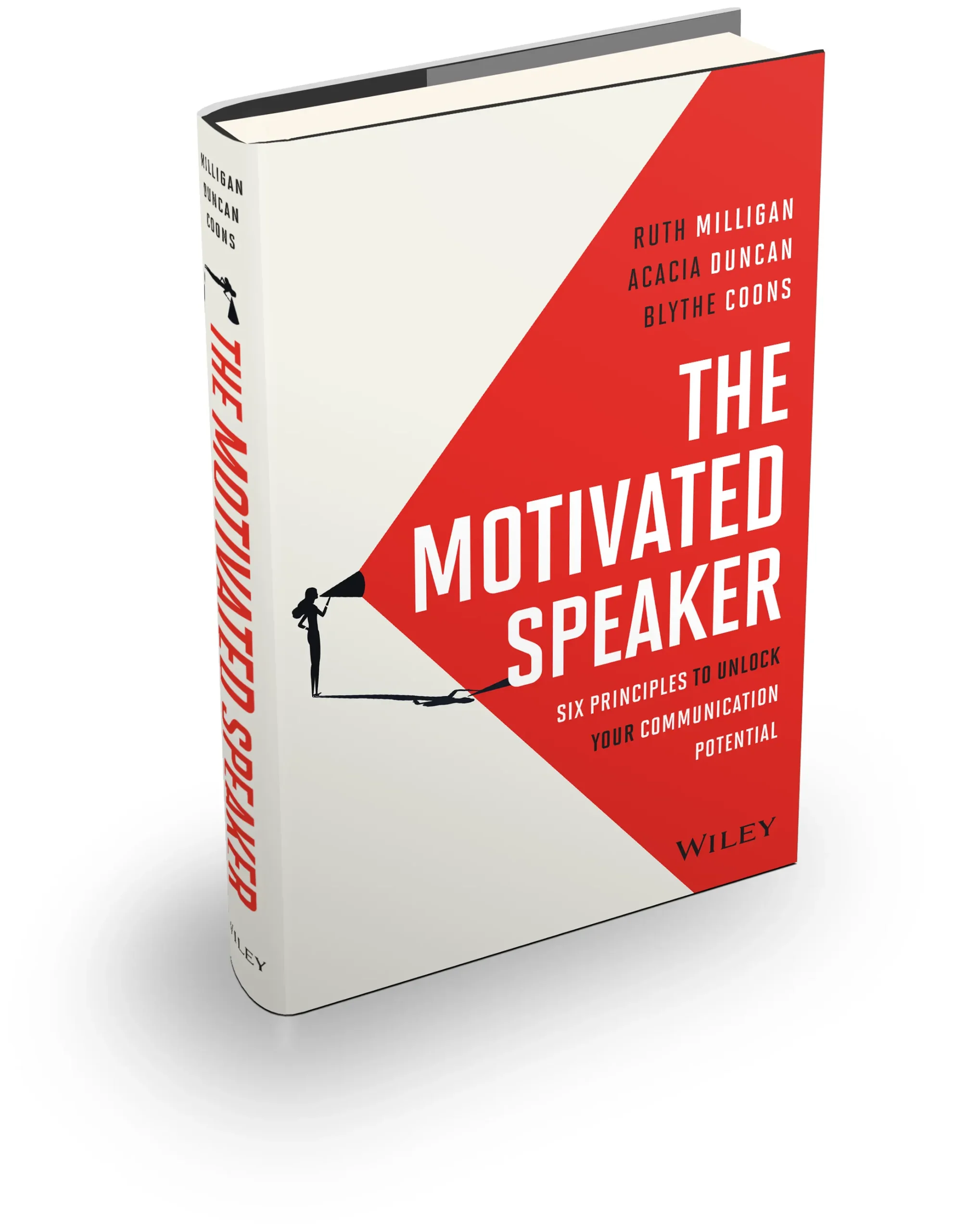This article on praise from TED was passed around the Articulation office/treehouse. It was an important reminder for any coach, manager, or even parent, that comparison, even positive comparison, can have negative (unintended) consequences to confidence. It was with this article at the top of my mind that I watched this year’s Women’s Skating finals at the Olympic Games.
It was television gold.
A showdown between the two Russian women— Evgenia Medvedeva, the passionate veteran, and Alina Zagitova, the young fiery upstart. They train together. They are friends. The veteran had been expected to win— it was HER year. Until the young phenom, full of powerful jumps and energy blew everyone away. They knew they were competing head to head— one was going to take home the gold.
First Zagitova skated and landed every triple jump, and likewise landing scores that would be hard to beat. When Medvedeva took the ice, her face was pure intensity. She looked focused. She looked ready. And she was. She skated her program to perfection. Not only did she land her jumps and other technical combinations, but she performed with passion and artistry. When she completed the program, she wept tears of joy and relief. She had left everything on the ice—it was a WIN!
And then. The scores. Her scores were high, but not high enough. She missed gold by just over one point. Her face as the scores were announced was that of a girl who looked lost— “How did this happen? What more could I give them?” It was heartbreaking.
Comparison is deadly.
Medvedeva skated her absolute. It was miraculous (I would have given her the gold. I’m a sucker for passion and artistry.) In the minutes after her performance, she was victorious. It was the inevitable scoring and comparison that made her feel any different.
In the Olympics, you ARE competing to be the best. But in public speaking, keynotes, presentations, talks like TED, there aren’t gold medals. You have to create your own measure of success. Sometimes you will know you succeeded because your audience will take action— you will win your sales pitch, your recommendation will be taken, you will raise some funds, or your TED video will go viral. But many times, you will only know you have succeeded because you can feel it in the same way Medvedeva felt it.
This is what we remind our clients in our public speaking class and communication skills training, and especially when coaching a talk: Don’t try to be THE best. Dare yourself to become YOUR best— the true, nails digging in, sweating, scary, vulnerable, practiced, BEST you can be. If you can leave it all on the floor, then you have WON.
And I guarantee the audience will love you for it.


